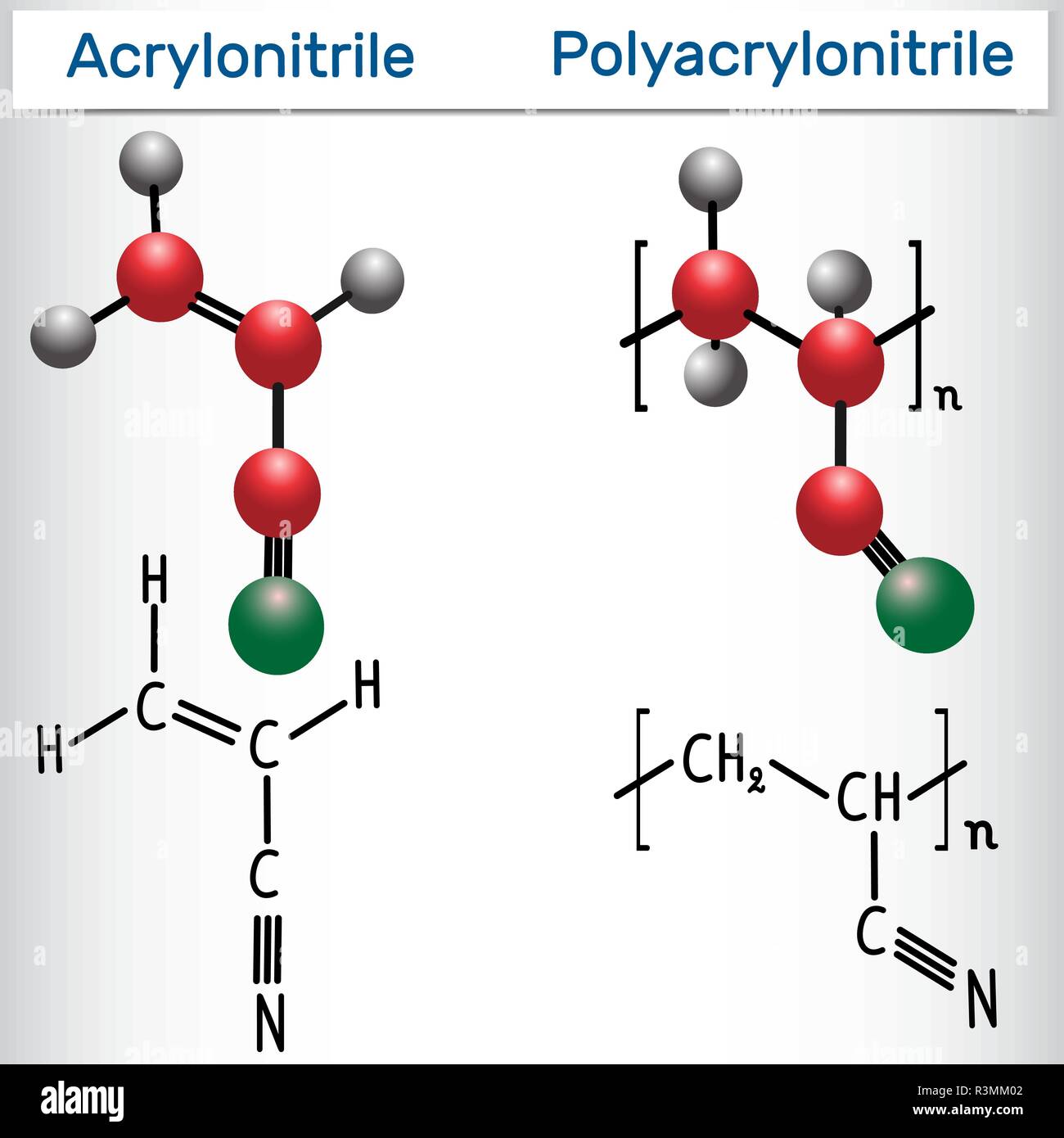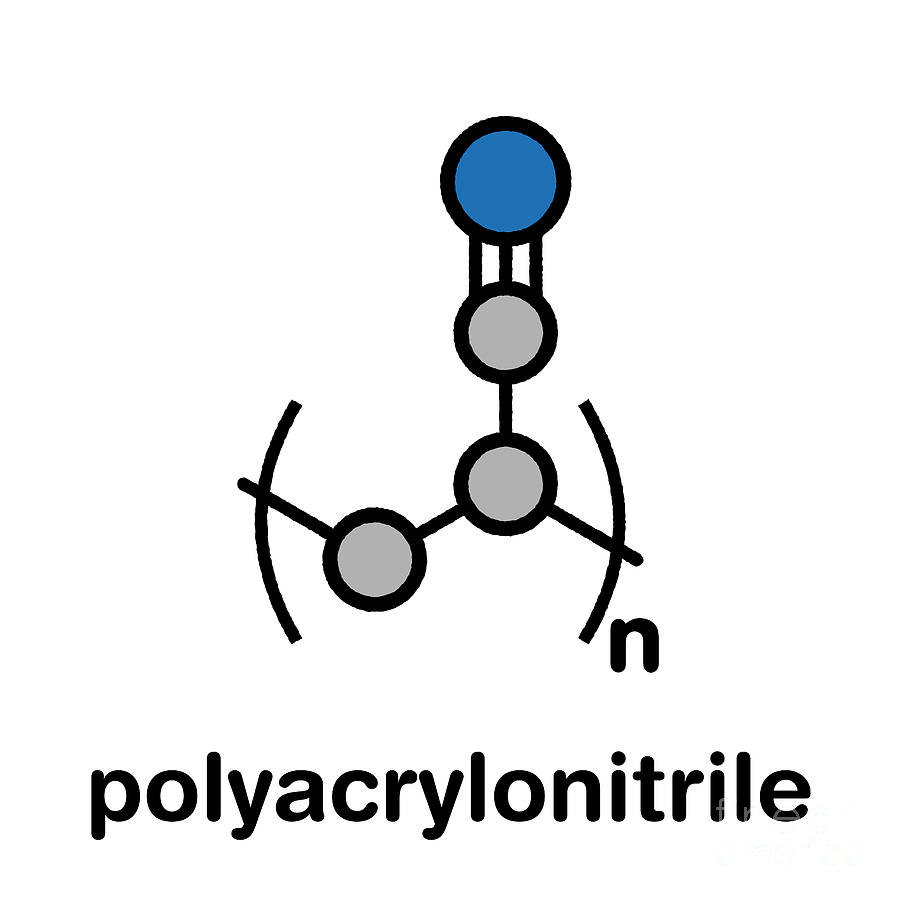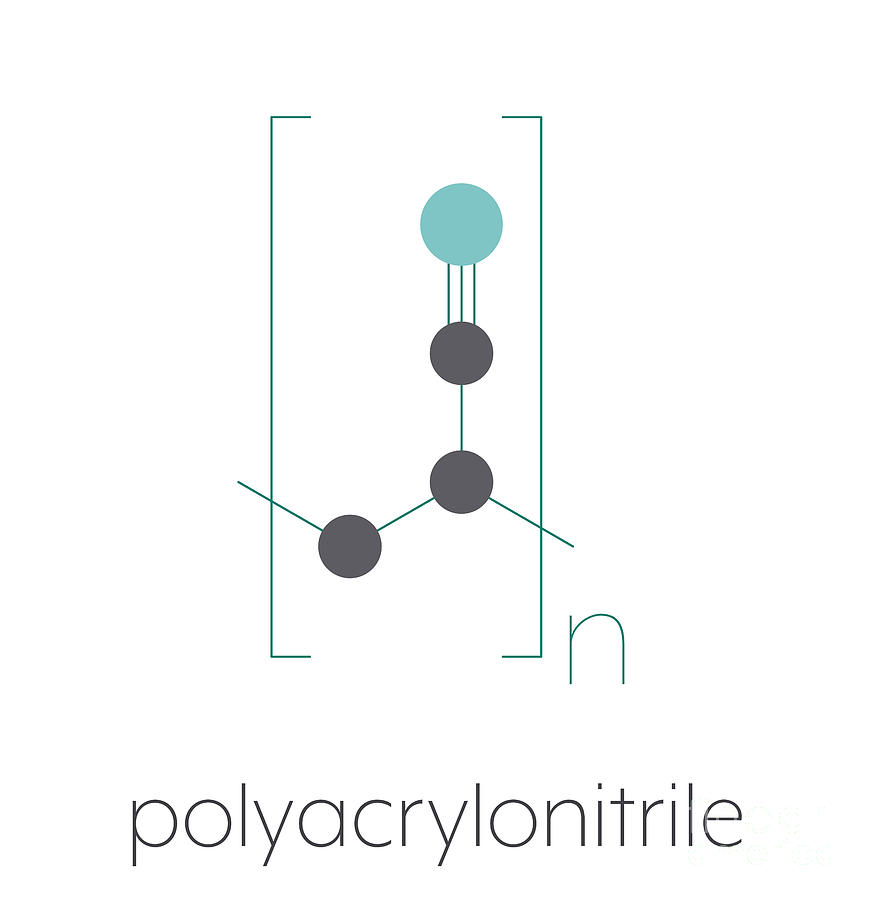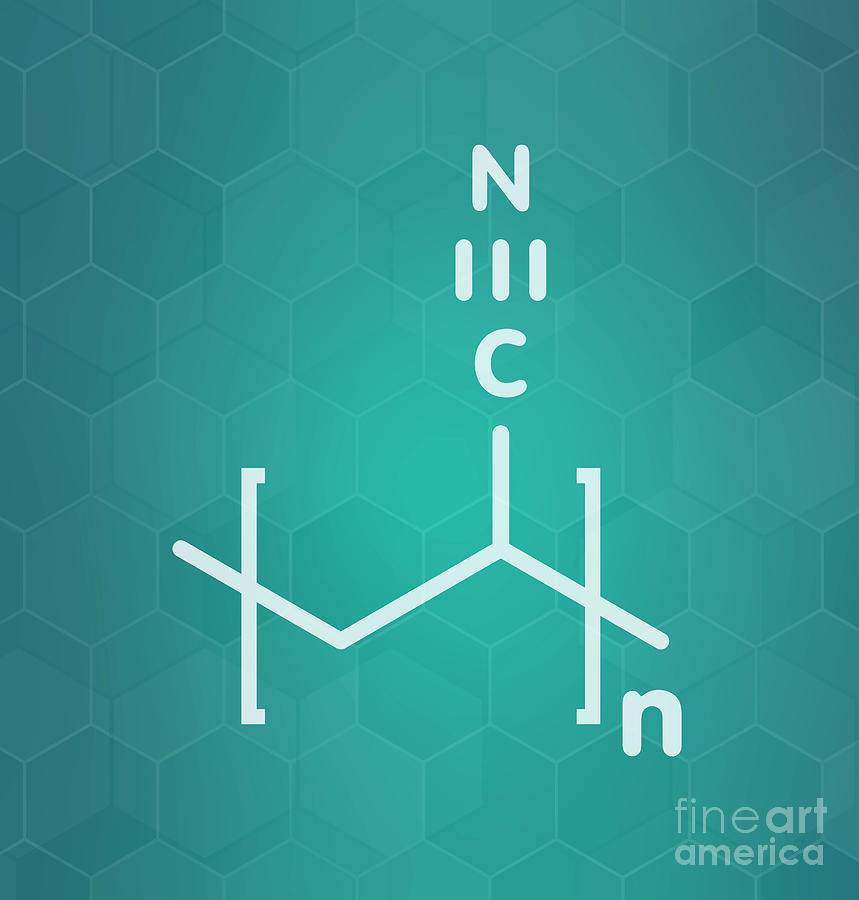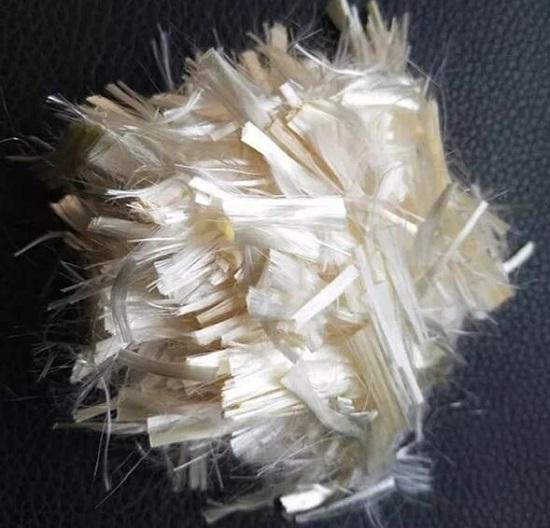Polyacrylonitrile Chemical Properties - Polyacrylonitrile (pan) is a synthetic thermoplastic polymer used as the membrane substrate with higher hydrophilicity than psf. Polyacrylonitrile is a colorless liquid at room temperature and pressure. Polyacrylonitrile (pan), a type of synthetic, semicrystalline organic polymer resin, plays a vital role in various sectors due to its unique. A member of the important family of acrylic resins, it is a. Polyacrylonitrile (pan) is a significant synthetic polymer with unique structure and properties, widely utilized across. Polyacrylonitrile (pan), a synthetic resin prepared by the polymerization of acrylonitrile. Its main physical properties are as follows:
Polyacrylonitrile (pan), a synthetic resin prepared by the polymerization of acrylonitrile. Polyacrylonitrile (pan) is a significant synthetic polymer with unique structure and properties, widely utilized across. A member of the important family of acrylic resins, it is a. Polyacrylonitrile (pan) is a synthetic thermoplastic polymer used as the membrane substrate with higher hydrophilicity than psf. Polyacrylonitrile is a colorless liquid at room temperature and pressure. Polyacrylonitrile (pan), a type of synthetic, semicrystalline organic polymer resin, plays a vital role in various sectors due to its unique. Its main physical properties are as follows:
Polyacrylonitrile (pan), a synthetic resin prepared by the polymerization of acrylonitrile. Polyacrylonitrile is a colorless liquid at room temperature and pressure. Polyacrylonitrile (pan) is a significant synthetic polymer with unique structure and properties, widely utilized across. A member of the important family of acrylic resins, it is a. Its main physical properties are as follows: Polyacrylonitrile (pan) is a synthetic thermoplastic polymer used as the membrane substrate with higher hydrophilicity than psf. Polyacrylonitrile (pan), a type of synthetic, semicrystalline organic polymer resin, plays a vital role in various sectors due to its unique.
Polyacrylonitrile
Polyacrylonitrile (pan) is a significant synthetic polymer with unique structure and properties, widely utilized across. Polyacrylonitrile is a colorless liquid at room temperature and pressure. Polyacrylonitrile (pan), a type of synthetic, semicrystalline organic polymer resin, plays a vital role in various sectors due to its unique. Polyacrylonitrile (pan) is a synthetic thermoplastic polymer used as the membrane substrate with higher.
Acrylnitril und Polyacrylnitril (PAN) Polymermolekül Strukturelle
A member of the important family of acrylic resins, it is a. Polyacrylonitrile is a colorless liquid at room temperature and pressure. Its main physical properties are as follows: Polyacrylonitrile (pan) is a synthetic thermoplastic polymer used as the membrane substrate with higher hydrophilicity than psf. Polyacrylonitrile (pan), a synthetic resin prepared by the polymerization of acrylonitrile.
Effects of conformational change of polyacrylonitrile on aging behavior
Polyacrylonitrile (pan) is a significant synthetic polymer with unique structure and properties, widely utilized across. Polyacrylonitrile (pan) is a synthetic thermoplastic polymer used as the membrane substrate with higher hydrophilicity than psf. Its main physical properties are as follows: Polyacrylonitrile (pan), a synthetic resin prepared by the polymerization of acrylonitrile. Polyacrylonitrile is a colorless liquid at room temperature and pressure.
Polyacrylonitrile Polymer Chemical Structure Photograph by Molekuul
Polyacrylonitrile (pan) is a significant synthetic polymer with unique structure and properties, widely utilized across. Its main physical properties are as follows: Polyacrylonitrile (pan) is a synthetic thermoplastic polymer used as the membrane substrate with higher hydrophilicity than psf. Polyacrylonitrile (pan), a type of synthetic, semicrystalline organic polymer resin, plays a vital role in various sectors due to its unique..
Acrylonitrile molecule structural chemical Vector Image
A member of the important family of acrylic resins, it is a. Its main physical properties are as follows: Polyacrylonitrile (pan) is a significant synthetic polymer with unique structure and properties, widely utilized across. Polyacrylonitrile (pan), a synthetic resin prepared by the polymerization of acrylonitrile. Polyacrylonitrile is a colorless liquid at room temperature and pressure.
Polyacrylonitrile Polymer Chemical Structure Photograph by Molekuul
Polyacrylonitrile (pan), a synthetic resin prepared by the polymerization of acrylonitrile. Polyacrylonitrile (pan), a type of synthetic, semicrystalline organic polymer resin, plays a vital role in various sectors due to its unique. Polyacrylonitrile (pan) is a significant synthetic polymer with unique structure and properties, widely utilized across. Its main physical properties are as follows: Polyacrylonitrile is a colorless liquid at.
Polyacrylonitrile Polymer Chemical Structure Photograph by Molekuul
A member of the important family of acrylic resins, it is a. Polyacrylonitrile (pan), a synthetic resin prepared by the polymerization of acrylonitrile. Polyacrylonitrile (pan), a type of synthetic, semicrystalline organic polymer resin, plays a vital role in various sectors due to its unique. Polyacrylonitrile (pan) is a significant synthetic polymer with unique structure and properties, widely utilized across. Polyacrylonitrile.
Carbonization of single polyacrylonitrile chains in coordination
Polyacrylonitrile (pan) is a synthetic thermoplastic polymer used as the membrane substrate with higher hydrophilicity than psf. Its main physical properties are as follows: Polyacrylonitrile (pan), a synthetic resin prepared by the polymerization of acrylonitrile. Polyacrylonitrile (pan), a type of synthetic, semicrystalline organic polymer resin, plays a vital role in various sectors due to its unique. Polyacrylonitrile is a colorless.
Polyacrylonitrile Polymer Chemical Structure Photograph by Molekuul
Polyacrylonitrile is a colorless liquid at room temperature and pressure. Polyacrylonitrile (pan), a synthetic resin prepared by the polymerization of acrylonitrile. Polyacrylonitrile (pan) is a synthetic thermoplastic polymer used as the membrane substrate with higher hydrophilicity than psf. Polyacrylonitrile (pan) is a significant synthetic polymer with unique structure and properties, widely utilized across. A member of the important family of.
What is Polyacrylonitrile?_Chemicalbook
A member of the important family of acrylic resins, it is a. Its main physical properties are as follows: Polyacrylonitrile (pan), a synthetic resin prepared by the polymerization of acrylonitrile. Polyacrylonitrile is a colorless liquid at room temperature and pressure. Polyacrylonitrile (pan) is a significant synthetic polymer with unique structure and properties, widely utilized across.
Polyacrylonitrile (Pan) Is A Significant Synthetic Polymer With Unique Structure And Properties, Widely Utilized Across.
Polyacrylonitrile (pan) is a synthetic thermoplastic polymer used as the membrane substrate with higher hydrophilicity than psf. Polyacrylonitrile is a colorless liquid at room temperature and pressure. Polyacrylonitrile (pan), a type of synthetic, semicrystalline organic polymer resin, plays a vital role in various sectors due to its unique. Polyacrylonitrile (pan), a synthetic resin prepared by the polymerization of acrylonitrile.
Its Main Physical Properties Are As Follows:
A member of the important family of acrylic resins, it is a.

